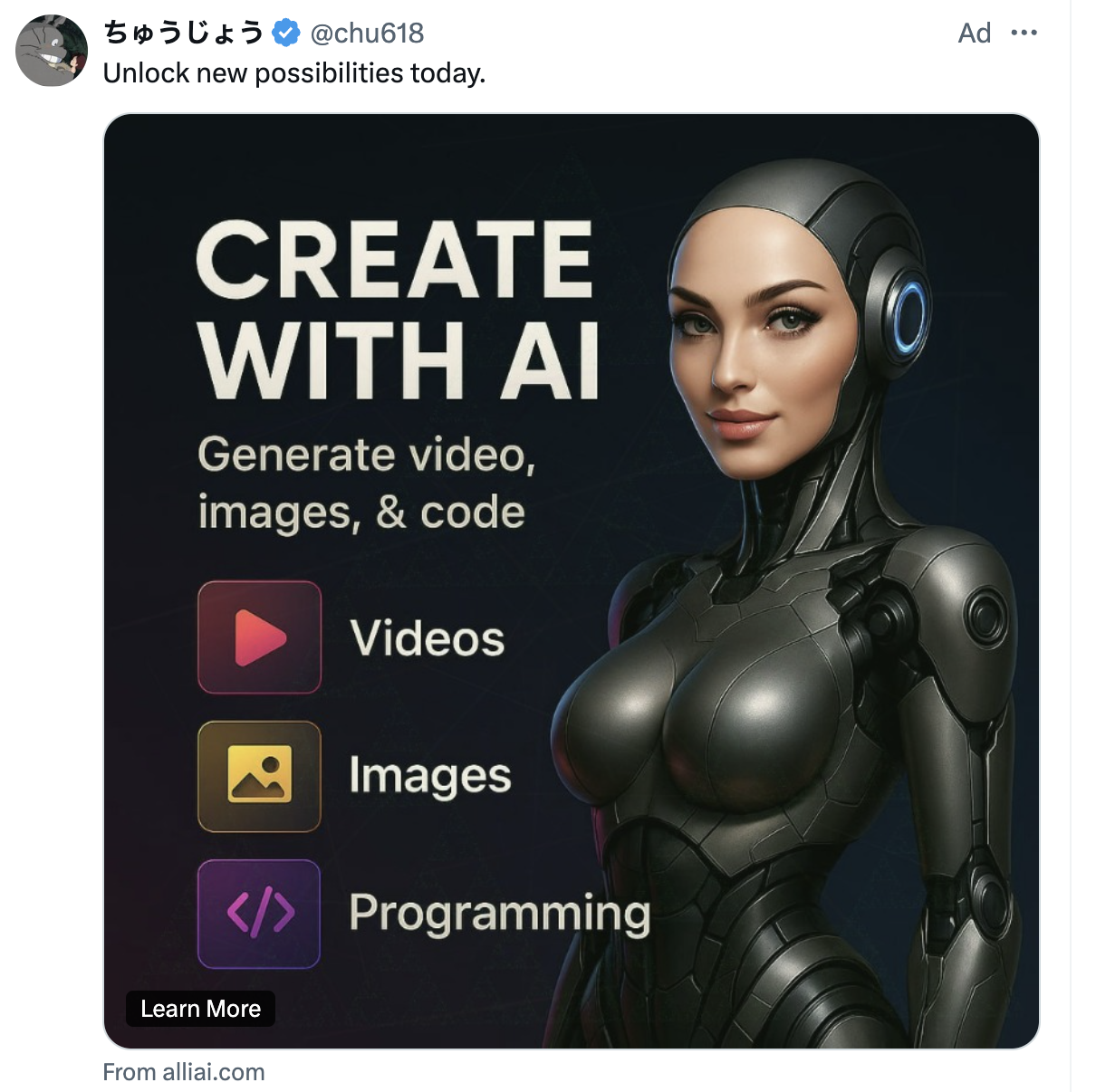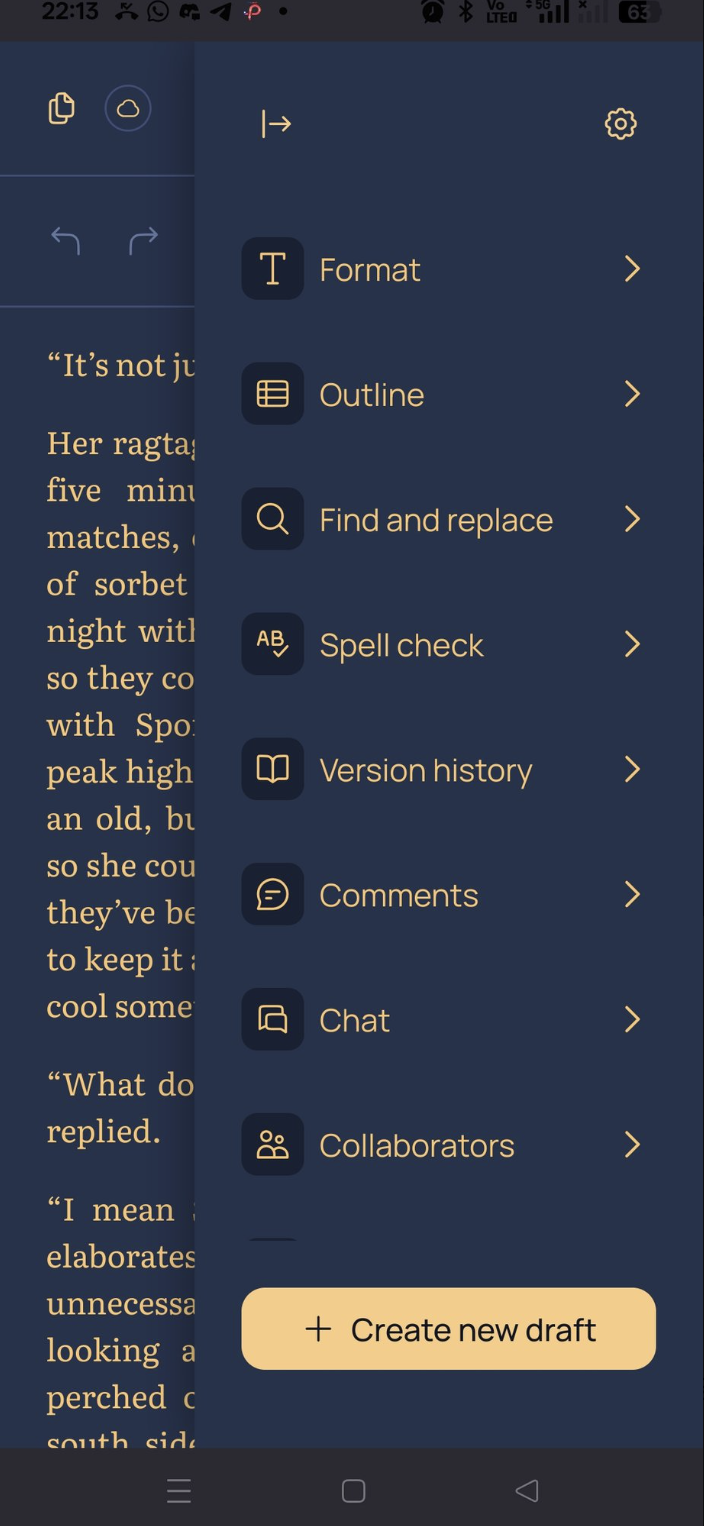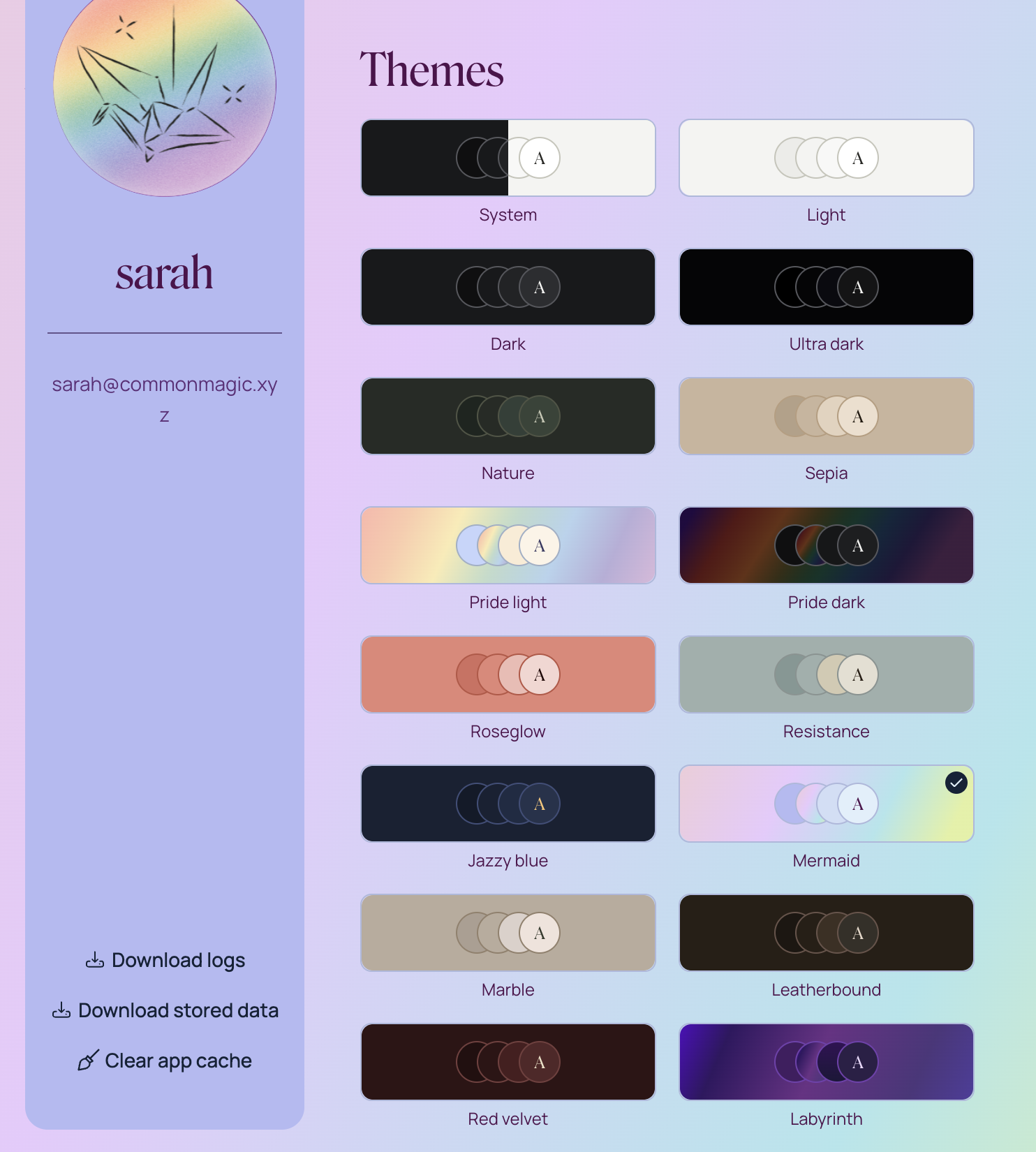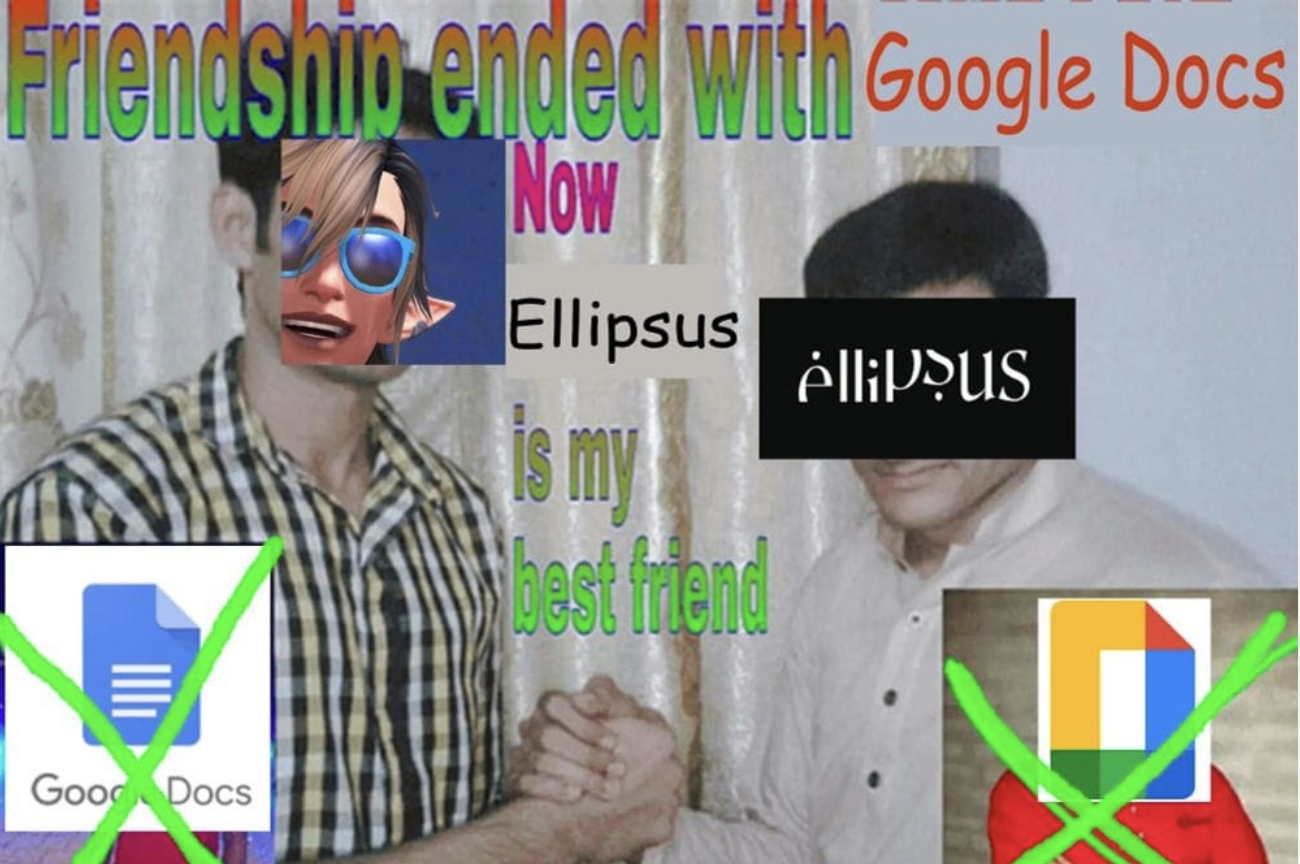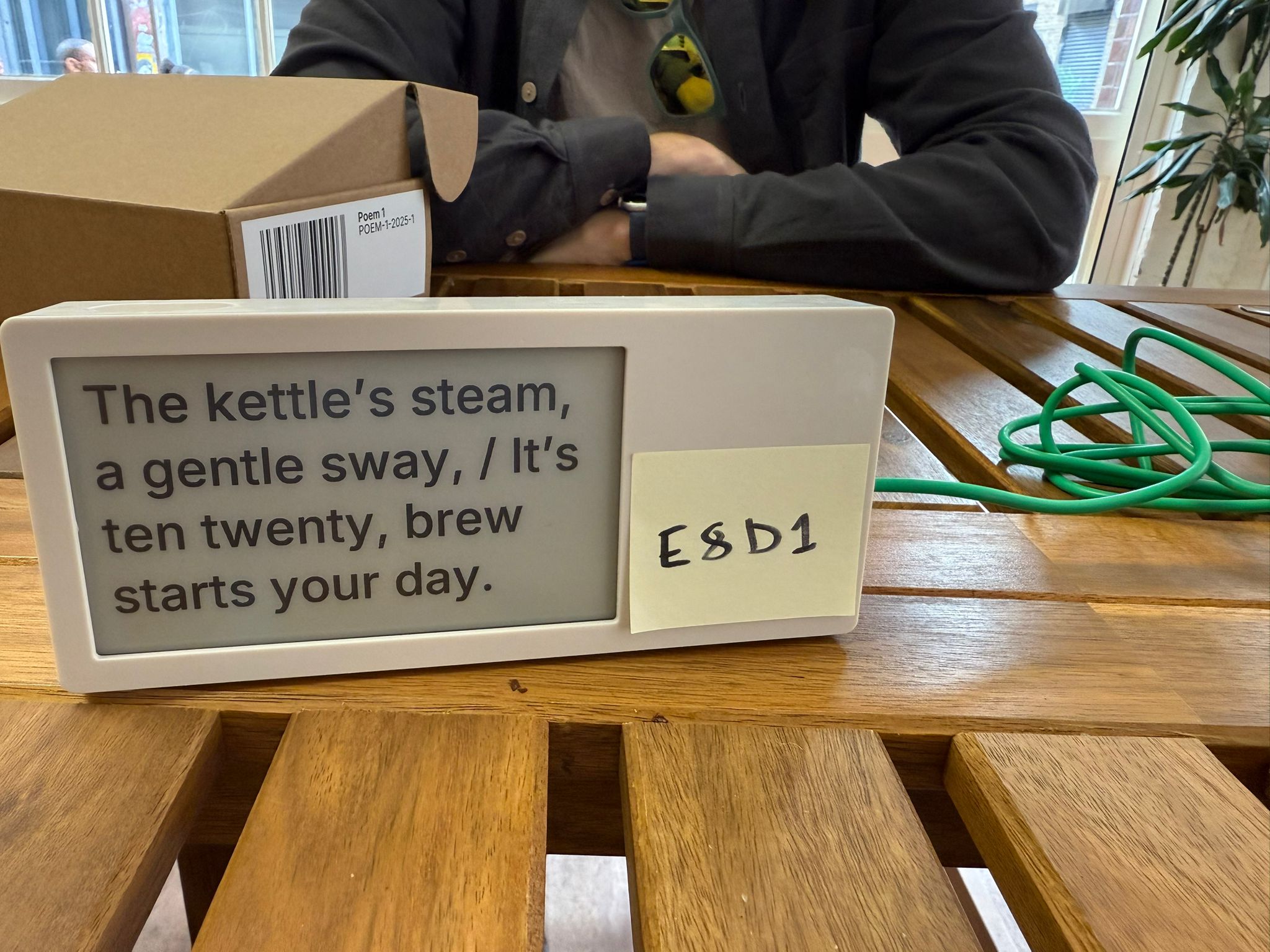dot dot dot
Right now what many startup operators and investors have mimetic desire for is AI and ~hard tech~ (think; robotics, defence, infra). There are many great reasons for this; even as someone who professionally bets on 2035 I experienced a bit of future shock yesterday between OpenAI's open-weights models, genie 3, Cloudflare vs Perplexity vs the open web. Progress is nuts. And ofc Common Magic has invested in many exciting companies that fit into these buckets. Talent, energy, attention and money cluster in. Investing in this stuff feels cool; people feel good. But... A benefit of living in a city like London and working in other fields before tech is having friends who are writers, computational chemists, teachers, fashion types, TV documentary makers, advertising execs. Super diverse. This one thing that many have in common; skepticism and in some cases outright fury about AI. Several of these fields of work were once all powerful - just read and enjoyed Empire of the Elite on Conde Nast's rise and fall - but got decimated by evolving eras and new consumer behaviours enabled by the rise of the internet. For all that I'm excited by how physically intelligent AI replaces "bad jobs" (who truly gets excited about cleaning toilets?), nobody has good answers for what this means for labour or what labour represents (cashmonies, dignity, all that) or leisure and what humans will do in the future. The tech part of my Twitter is both extremely cool demos + stuff like this (new tool era, same bionic tits):
You can kind of see why many creatives are like; meh. But! Every movement sets the scene for the anti-movement and it feels clear to me we'll see brilliant creative tools emerge that win through building deep customer love and counter positioning. Writing is one of the most powerful tools humans have - to document thinking, to imagine, to create worlds for others. So much writing is done collaboratively; when I used to write books, I'd pass them to an editor; lots of fan fiction is written by and for groups. But the tools are terrible. Google Docs isn't designed for this use case. Who even likes Notion? Scrivener is a poorly maintained over-engineered product that many novelists are in bad marriages with. Just as AI creative tools are taking off with new categories of creators, AI writing tools feel like they aren't built for people who define themselves as writers. Which is great (death to credentialism) but leaves space for better tools built by writers for writers. Ellipsus is collaborative writing software that takes inspiration from Git; write collaboratively, fork, track changes, attribute, split. It's simple and lovely.
Even something as small as themes recognises how personal and intimate the act of most writing is. Why not make your online world beautiful to you?
But the most important design choices Ellipsus have made is around generative AI. NaNoWriMo is a real moment in the writing year. It's basically a global hackathon for words where every November hundreds of thousands of people sprint to write a novel (I've done it twice). As a tiny startup, it was a choice for Ellipsus to become one of the sponsors the 2024 effort and a choice to drop out when another sponsor was confirmed to be a gen AI writing tool. Secondly, writers have real concerns around tools such as Google Docs scraping data to train large language models. Making a foundational choice to prioritise user privacy and ownership works to build deep trust and the kind of user love where happy writers make memes:
Where Ellipsus launch a merch shop of well priced stickers and make thousands in revenue. If every company exists to solve a clearly articulated problem, this company is on a real tear right now; illegible as that problem and solution may be to many mimetic desire seekers. Things that inspired me;
|
